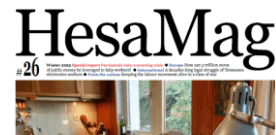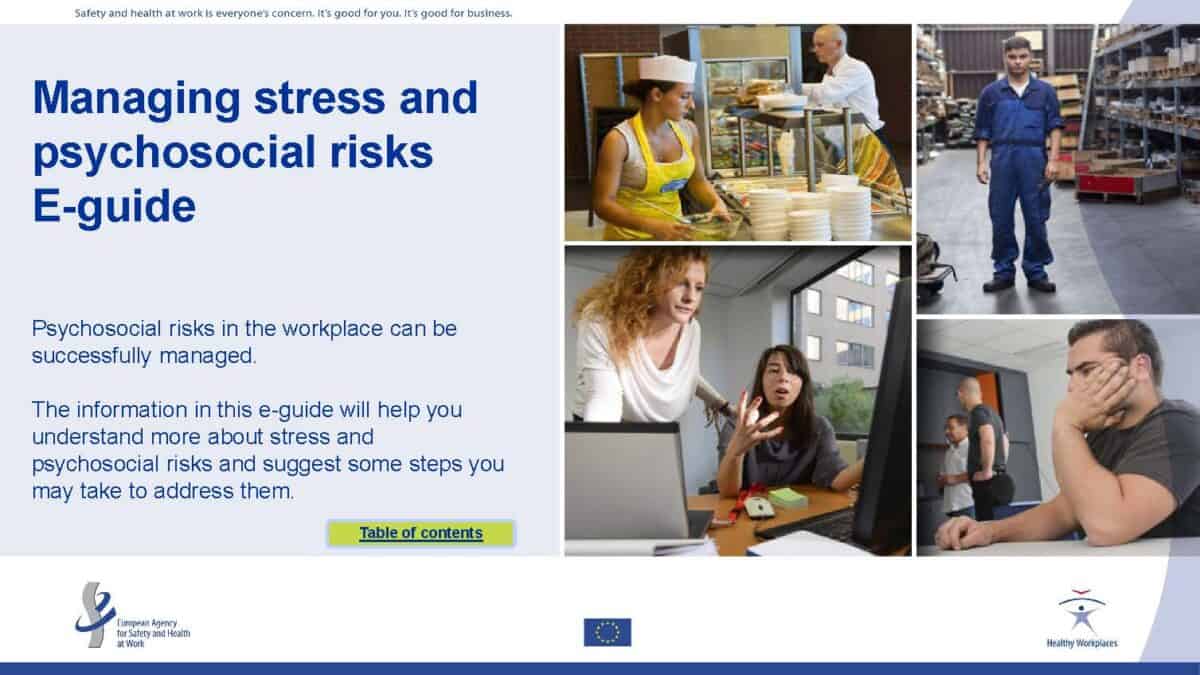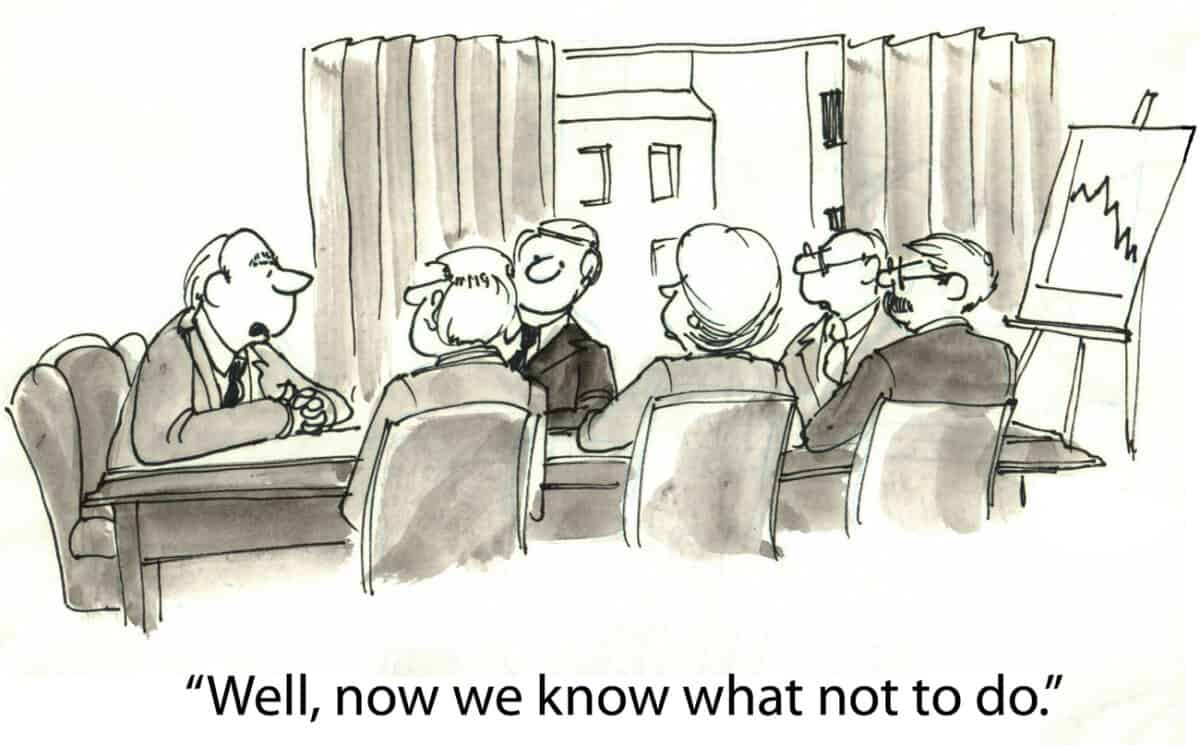Yesterday, one of my LinkedIn posts reached over 20,000 impressions. The post concerned new research that questioned the effectiveness of corporate wellbeing programs. Some responses were febrile even though they had not read the open-access article! The points raised in the research were not new. Some have been covered in this blog previously, but the New York Times raised the question of the viability of corporate wellness programs in 2020.
Category: depression
Chalk and Cheese – legal seminars on mental health at work
Over the last few months, various seminars from law firms and others have focussed on how to comply with new and impending occupational health and safety regulations related to psychosocial hazards at work. Over the last fortnight, I attended two such seminars; they were as different as chalk and cheese, even though both had strong voices from lawyers, illustrating the sources of some of the confusion over the issue felt by some employers.
When an increase of 0.5 percentage points is described as an outrageous 43% increase
This week the Victorian Government flagged changes to the workers’ compensation premiums and eligibility. This has generated outrage from business lobby groups and the trade unions, and as he is being criticised by both political extremes, Premier Dan Andrews believes his decision, i.e. being hated by everyone, is a winner.
The Age newspaper was one of the first to report (paywalled) on the announcement of these changes on May 19, 2023. Significantly it included a quote from Dr Mary Wyatt on the economic and social importance of injury prevention. Hers has been one of the few mentions of the role of good occupational health and safety (OHS) management.
Tip-Off Line Remember, if you have some OHS information that you want SafetyAtWorkBlog to investigate or that would be of interest to SafetyAtWorkBlog readers, please contact us on the anonymous-if-you-want tip-off line
A European counter to the United States’ OHS propaganda
One of the most useful occupational health and safety (OHS) publications is HesaMag, “the health and safety magazine with a European view”. (It is a hard copy, free and excellent. A must-have) Its latest edition has a feature on psychosocial risks (PSR) at work. I know that some of us are “over it”, but it is unavoidable and, as COVID did recently, may become the OHS matter that dominates our work. We must understand the risks to control them and prevent harm.
Anyway, back to HesaMag. One of its features is that much of its data relies on sources other than workers’ compensation and, so, is more accurate about trends. One example in the current issue, Pierre Bérastégui writes:
Plain psychosocial health guide has great potential
Recently the European Agency for Safety and Health at Work released an “e-guide” on managing stress and psychosocial risks at work. It offers a radical contrast to some of the information on risks and burnout that originate from the United States.
The e-guide is really a PDF file that uses the software’s features to establish links between the table of contents and relevant pages of information. This is a little “old school” but the Agency often does this, I think, to allow for wide distribution and easy application.
Resilience training is not dead, but it is coughing up blood
[This article was submitted to The Age (and elsewhere) as a soft counter to so many workplace articles about health and safety that never include content from an occupational health and safety (OHS) specialist. It was never used, even though rewrites were requested.
So it gets used here and in support of this curious month of October where, in Australia, there are two separate monthly themes – Mental Health and Work Health and Safety. That these themes continue to be separate says heaps about the culture in each of these sectors]
Australian jurisdictions are amending their workplace health and safety (WHS) legislation to specify that the unavoidable duties and obligations of employers must now include the psychological health of their workers and not just physical health. These reasonable and long overdue moves are manifesting in new laws, and new guidances supported by new International Management Standards. The kicker in these changes is that, at least in Victoria, employers will no longer be able to rely solely on awareness training or resilience training to manage workplace mental health. This position could, and should, challenge traditional mental health trainers and lobbyists to recalibrate their workplace strategies.
Continue reading “Resilience training is not dead, but it is coughing up blood”Plants, cake and mental health
On mental health, a clinical psychologist, Dr Sanah Ahsan wrote in The Guardian recently that:
“…. I’ve seen first hand how we are failing people by locating their problems within them as some kind of mental disorder or psychological issue, and thereby depoliticising their distress.”
The Guardian, 6 September 2022
This perspective, enlightened for psychologists, is an established position for the Occupational Health and Safety (OHS) advocates. But OHS advocates have been traditionally weak and sometimes timid outside of the trade union movement. Most employers will pay more attention to the OHS position on mental health when it is spoken by one of their own or by a more respected professional.







